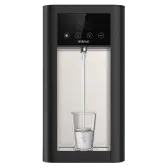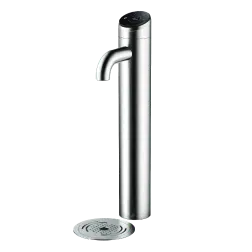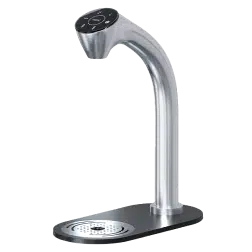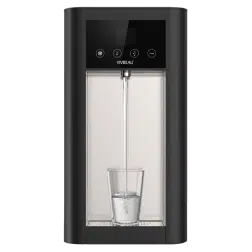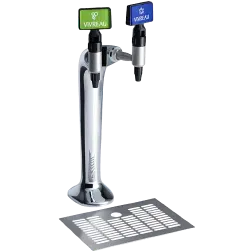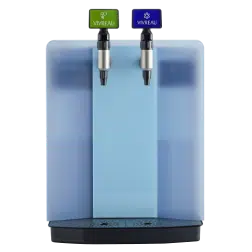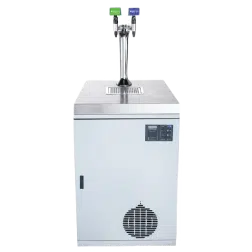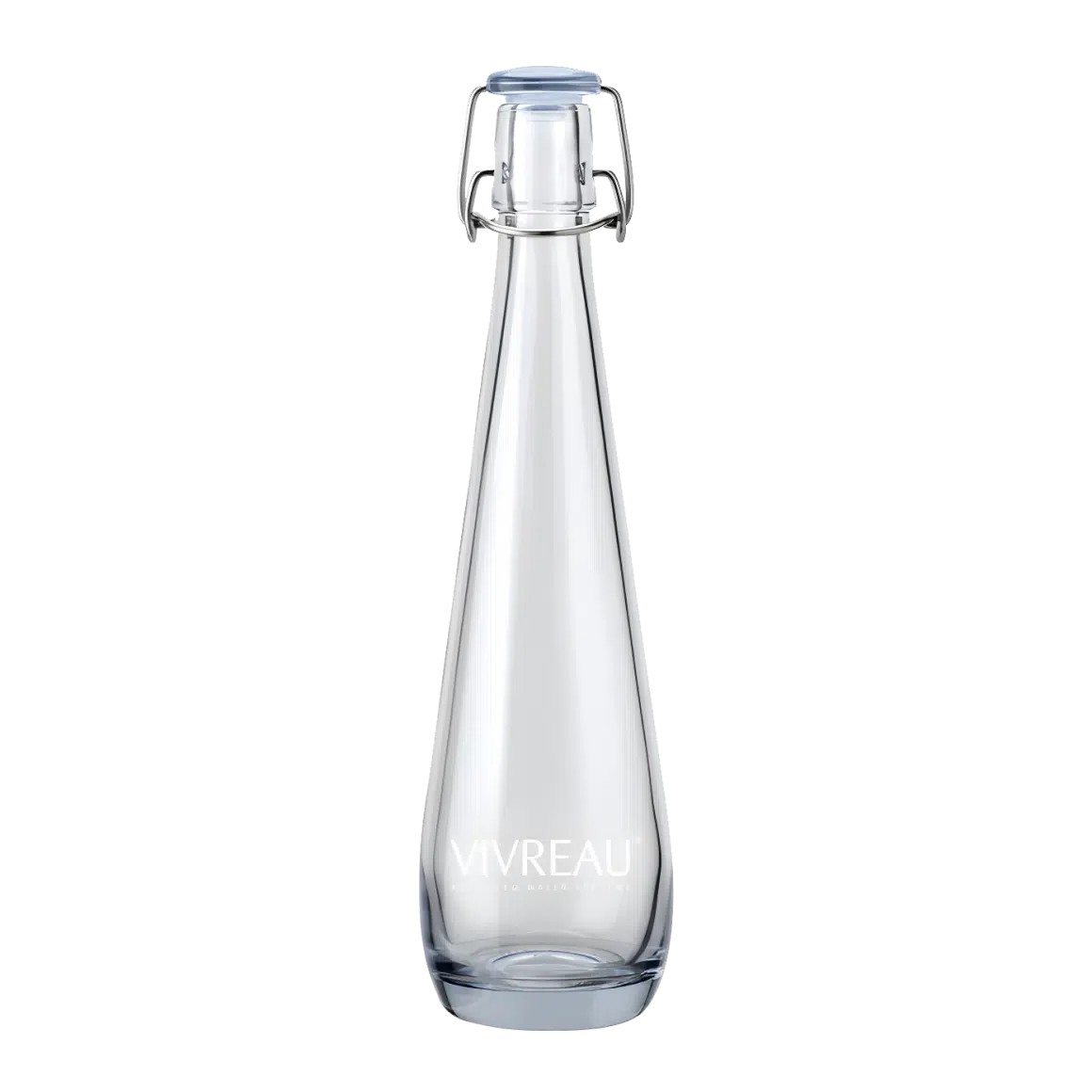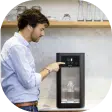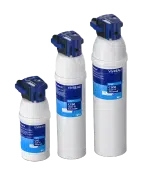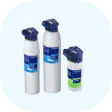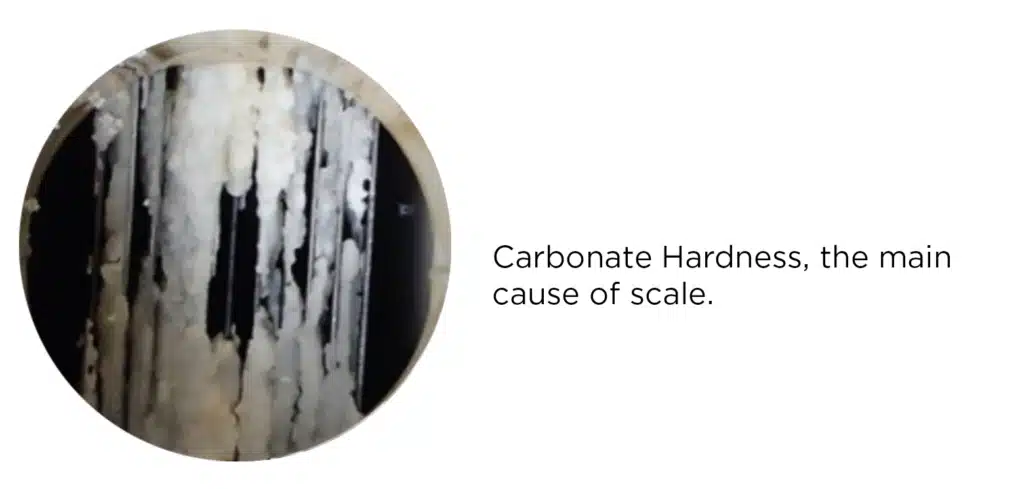Hard Water, Hard Impacts: How Carbonate Hardness Affects Your Restaurant, Café, or Bakery—and How to Fix It
Ever wondered why your coffee doesn’t taste quite right or why your coffee equipment needs constant descaling? You might be dealing with hard water.
Water quality matters, and especially in the food service industry. Water straight from the city is safe to drink, but can hold elements silently wreaking havoc on your equipment, and ruining flavors of food and beverages.
The main water culprits are the 3 C’s: Carbonate Hardness, Chloramine, and Chlorides. Here we’ll explore carbonate hardness, its business impacts, and the many benefits of removing carbonate hardness through professional water filters.
What is carbonate hardness and why does it matter for my business?
If you haven’t heard of “carbonate hardness” before, have you heard of “hard water”? If so, we’re speaking the same language! Simply put, carbonate hardness is a measure of water hardness, or the level of dissolved minerals in water such as calcium carbonate or magnesium.
High carbonate hardness is a hidden enemy in the food and beverage industry. Having a lot of dissolved minerals in water can lead to mineral build up, called scale, in valves, pipes, and equipment, reducing efficiency and causing expensive repairs. In ingredient water, high carbonate hardness if can negatively affects the quality and taste of food and beverages.
Where does carbonate hardness come from?
In each region, as water flows through natural rock formations as part of the water cycle, water picks up minerals along the way. Some areas rich in limestone will have higher mineral concentration (harder water), and other areas with rocks like granite will have less (softer water). You might notice water hardness in little ways, such as soap not lathering well, or a foggy film on your glassware.
How do I test if I have hard water?
There are DIY testing kits available which can easily assess the level of water hardness in your region. Often it will be as simple as applying a few drops of solution into water and seeing the results. If you’re a Vivreau client, we have water testing kits available to help assess your water. Your local city or water utility may also have reports available which provide information on water hardness. We also have a product selector tool online to help select the right professional filter for you based on your water type.
What are the impacts of high Carbonate Hardness for cafés, restaurant, and bakeries?
As a business owner, two things have a high bearing on success: the quality of your product, and the financial bottom line.
Hard water can unfortunately cause issues with both, but thankfully there is an easy fix: effective water filtration.
Cafes
Mineral build up can affect your coffee and espresso machines, requiring frequent descaling which is a costly use of your staff and equipment’s hours. In addition, scale can cause expensive repairs, and unfiltered water usage can in some cases void your equipment warranty.
You want your beverages to taste their best, and with coffee as 98% water, hard water can negatively affect the flavor profile and quality of your beverages. As water experts, Vivreau has professional water filters specifically designed for the coffee industry, scientifically optimized to create microfiltered water designed to craft the perfect cup. By filtering out carbonate hardness, these systems also reduce scale build up, for improved equipment lifespans and reduced maintenance costs.

Restaurants and Bakeries
In these settings, combi steam ovens and dishwashers may show the greatest negative impacts from unfiltered hard water usage. Scale can cause increased energy consumption and build up can damage components and block drains. Frequent descaling may be required, with increased risk of costly repairs and downtime for much-needed equipment. This shows the importance of water filtration that removes carbonate hardness before it enters equipment, preventing scale before it begins.
At the core of a food service business are the food and beverages themselves. Unfortunately, carbonate hardness in water can make ingredient water taste chalky, metallic, or bitter, leading to quality and flavor issues in the foods and drinks served to your clients. Fortunately, Vivreau’s professional water filters are designed to remove carbonate hardness, creating ideal ingredient water to create your culinary masterpiece.
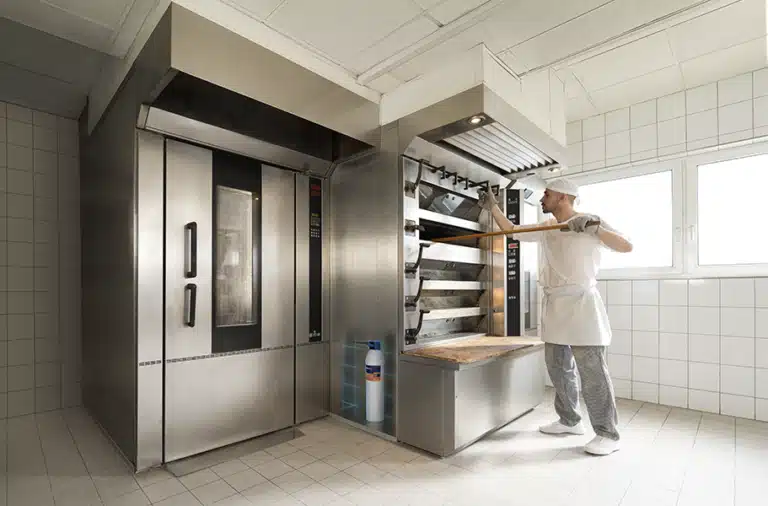
Take control of your water and your success.
Success lies in education and prevention. It’s important to understand what’s in your water, to take action and prevent negative impacts before they unfold. At Vivreau, we want to see your business thrive. As an ideal partner for businesses in the food service industry, our water filtration solutions guard your equipment from unnecessary downtime, and craft exquisite micro-filtered water so you can focus on what you love most: creating a delicious culinary experience.
Want to learn more?
Talk to our water experts about your unique scenario, and we can help to find the perfect solution for
your organization.
Lastest Posts



